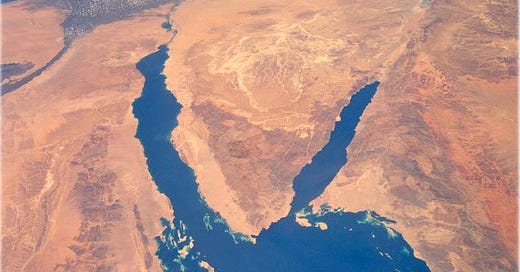Remembering the Exodus
Reflecting on the Sixteenth Sunday after Pentecost: Two Days after Sunday (Year A)
Scripture (semicontinuous)
Psalter: Psalm 77
Old Testament: Nehemiah 9:9-15
Epistle: Romans 14:13—15:2
Scripture (complementary)
Psalter: Psalm 133
Old Testament: Genesis 49:29—50:14
Epistle: Romans 14:13—15:2
___
Prayer
Grant to us, Lord, we pray, the spirit to think and do always those things that are right, that we, who cannot exist without you, may by you be …
Keep reading with a 7-day free trial
Subscribe to Faith Seeking Understanding to keep reading this post and get 7 days of free access to the full post archives.




